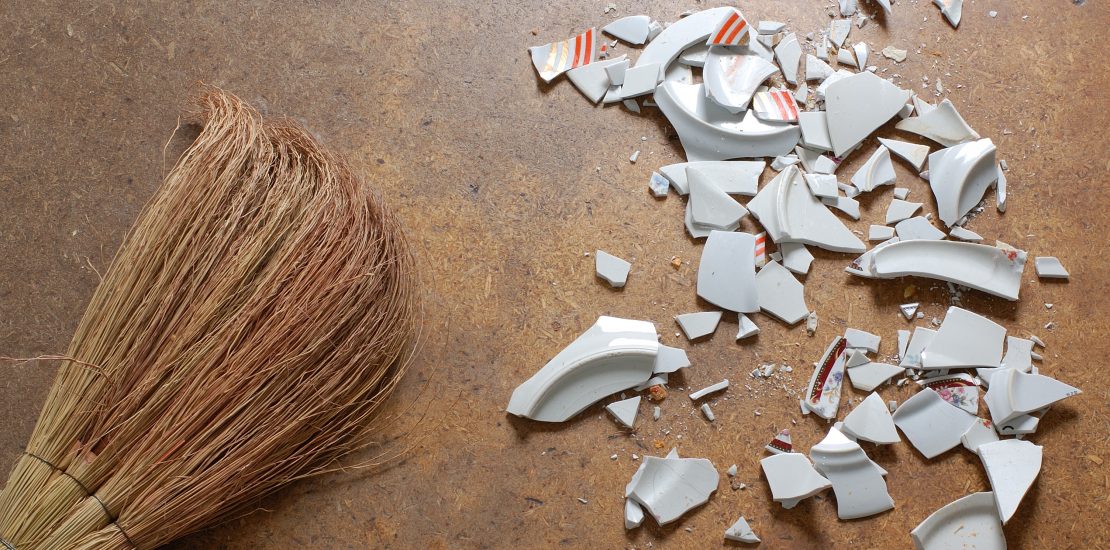Get Over Your Mistakes
- September 5, 2019
- Posted by: Philip Struble
- Category: Uncategorized

Our love being right is best understood as our fear of being wrong.
Mistakes
We are all committed to believing that we know exactly what’s happening, why it’s happening, and what to do about it. This belief is reinforced at the same time by our ever-present fear of making a mistake—or perhaps worse, our fear of having already made a mistake.
For many of us, finding out that we were wrong can feel like a threat to our self-identity. We are constantly expressing how we see ourselves — and how we want others to see us. And when we’re wrong, we experience the pain of realizing that the identity we may have claimed for ourselves — as the expert, go-to guy, guru, etc. — has turn out to be untrue.
Get Over Your Mistakes
Many people feel like every mistake they’ve ever made is preserved in memory for all time.
That isn’t healthy. You have to let go, and you have to do something that is very difficult for many of us to do; you have to forgive yourself.
Forgiving yourself after a screwup, especially one that has negative consequences, can be a huge emotional challenge. It probably won’t happen overnight. Next time you’re beating yourself up because of a miscalculation or gaffe, try reminding yourself of the following:
- It wasn’t on purpose. Chances are at some point you miscommunicated with someone, didn’t understand the circumstances, or dropped the ball out of inattentiveness or competing priorities. You didn’t set out to create a calamity; you did it by accident. And you have to forgive yourself for that accident because it doesn’t mean you’re a bad person, just a mistaken one.
- If someone else had done this, I would forgive them. Most of us are harder on ourselves than we are on others. It’s a lot easier to forgive someone else for a great big screwup than it is to forgive ourselves. Try to imagine what your reaction would be if your employee, co-founder, friend, or partner had done what you did. How long would you stay angry?
- I’ve done everything I reasonably can to fix things. Doing whatever you can to repair the harm you’ve done as quickly as you can is an important step in getting past a mistake. Once you’ve done what you can, whatever that is, then it’s time to declare the mistake officially over.
- If this is the worst mistake I ever make, I’ll be in pretty good shape. This should be the first thing you say to yourself when you realize that you’ve screwed up. Why? Because whatever you did wrong won’t be the worst mistake you ever make. Probably not even in the top ten. You’re human, and expecting yourself to be infallible will only get you in trouble.
- You’ll be smarter next time. No matter how badly you screw things up, there’s almost always a next time and a new chance to get things right. And if the big mistake you made today helps you do better tomorrow, well then maybe it isn’t so terrible after all.
The Bible
Forgiving yourself is essential. There is a tendency in all of us to hold ourselves more accountable than we do others. We forgive others quicker that we forgive ourselves.
Forgiving yourself, however, is not necessarily about forgetting the mistake. It is about learning from your experience and not beating yourself up over having made a mistake.
Jeremiah 31:34 says.
For I will forgive their iniquity, and I will remember their sin no more.
When we make a mistake and sincerely repent and ask Got to forgive us, He will not only forgive us but wipe the mistake away.
If God so readily remembers our mistakes no more and moves on, shouldn’t we do the same?
We need to learn how to forgive ourselves of our mistakes, yet remember the mistakes so we will not make them again.
